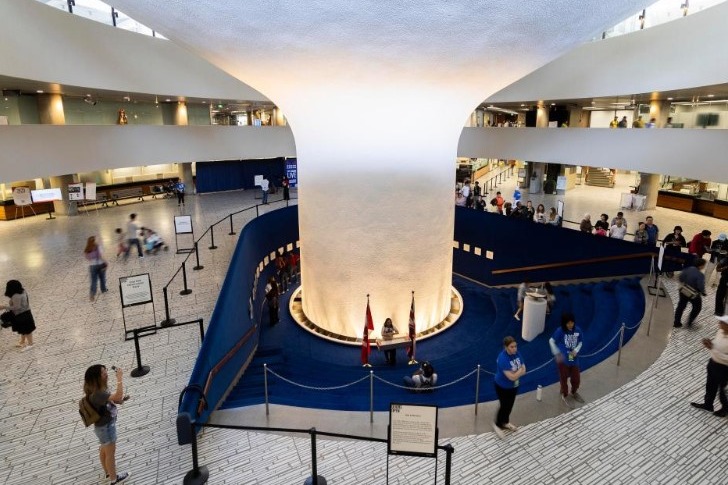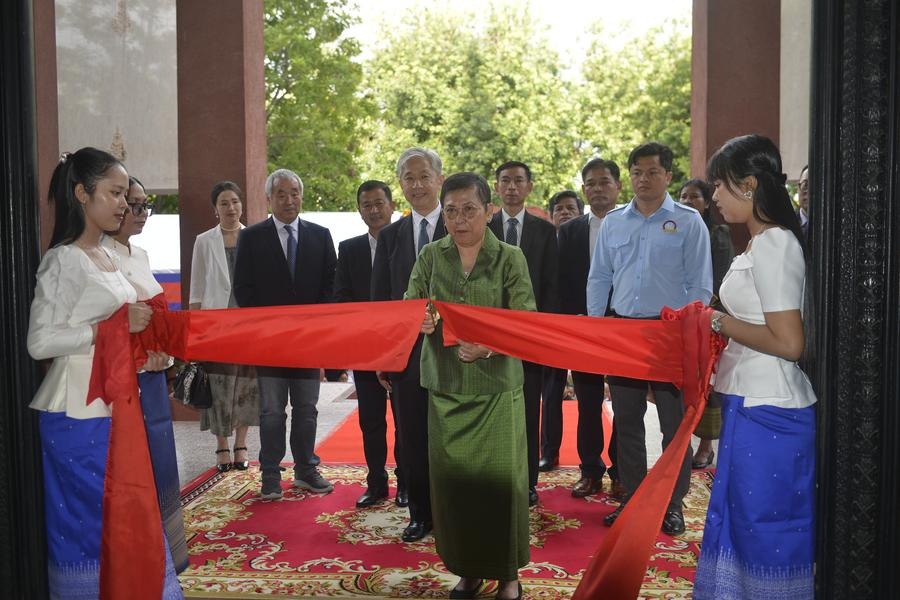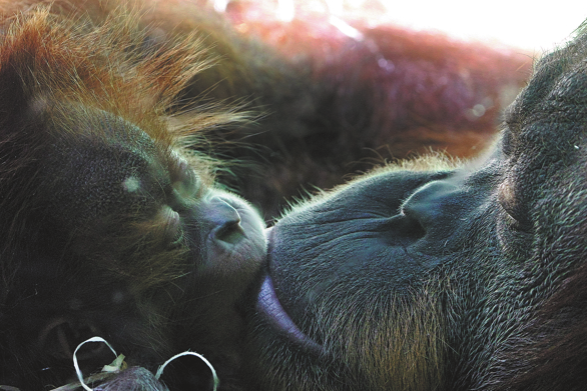Canada eyes talent amid US curbs on immigration

As immigration limits and research cuts in the United States unsettle foreign talent, Canada may be gaining an advantage, experts say, even as the country struggles with capacity and policy constraints.
Rupa Banerjee, Canada Research Chair and professor at Toronto Metropolitan University, said many skilled workers in the US — or those who once hoped to move there — are reconsidering their options.
"There definitely are many in the US who either are already there or would have aspired to go to the US who actually are considering other destinations because of the policies of the administration," she told China Daily.
The Canadian federal government narrowly passed its budget on Monday, surviving a confidence vote by just 170 to 168, thereby avoiding a winter election.
The budget includes a C$1.7 billion ($1.22 billion) commitment over the next decade to attract top international researchers, including scholars from US universities and H-1B holders.
Banerjee said the government "very rightly recognizes that this is an opportunity", given Canada's long-standing challenges with innovation and productivity.
"A lot of policymakers understand that this is a really great opportunity for Canada to leverage the challenges and the turbulence in the US," she said.
Second choice
Banerjee said Canada has long been the second choice for many newcomers.
But that may be shifting. "Canada is becoming a better and better choice, and it's really up to policymakers as to whether they will remain that top choice," she said.
She noted that the US stands to lose significantly if fewer highly skilled workers remain there.
"This will be a huge detriment to a lot of sectors which rely heavily on foreign talent," she said. "They're also missing out on long-term demographic human capital development."
Banerjee pointed to the second generation — US-born children of former H-1B holders — as a crucial loss. "The outcomes of those second-generation kids are so incredibly high," she said.
On Nov 12, the University of Toronto announced it had recruited three top researchers from US universities. Last month, the university also launched an emergency research fund to support faculty affected by funding cuts in the US.
Banerjee said Canada does not yet have the capacity to bring in talent at scale.
"We actually don't have the research infrastructure to be hiring in any kind of meaningful way," she said. "I don't, at this point, really see the current policy infrastructure being able to bring in top talent in a mass way."
Despite the political moment, Banerjee said Canada must focus on the long term. "There's so much left that we don't know," she said. "The devil is always in the details."
Mikal Skuterud, a professor of economics at the University of Waterloo, said that "independent of anything that happens in policy, there are people who are going to go from the United States to Canada, from Canada to the United States".
Skuterud said the federal funding will not fundamentally reshape Canada's immigration system.
"It really is a political signal, but it's not affecting what's happening," he told China Daily.
He said Canada has long operated in a global competition for talent. "All these countries are in a constant talent competition," he said. "Human capital is scarce. There's a constant global war for talent."
He said Canada may see an opening if US policies restrict certain foreign applicants.
"When Canada sees Trump potentially shutting down H-1Bs for some individuals, then that says maybe there's an opportunity," he said. "If the US is closing the door on some people, maybe Canada can open its door."
gaoyang@chinadailyusa.com
































